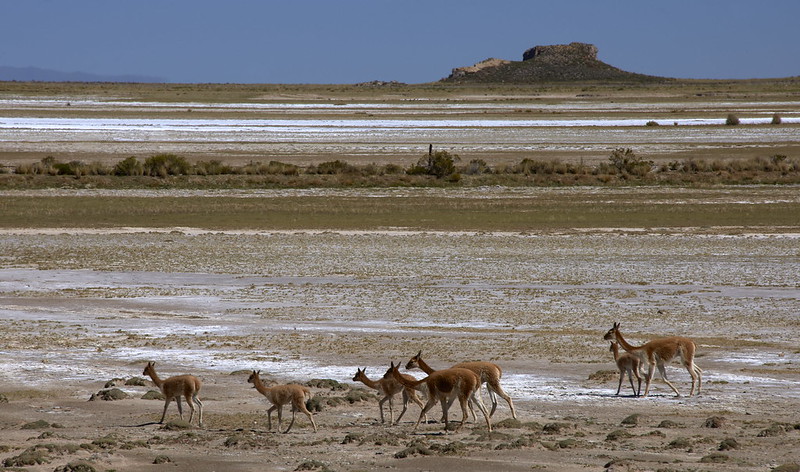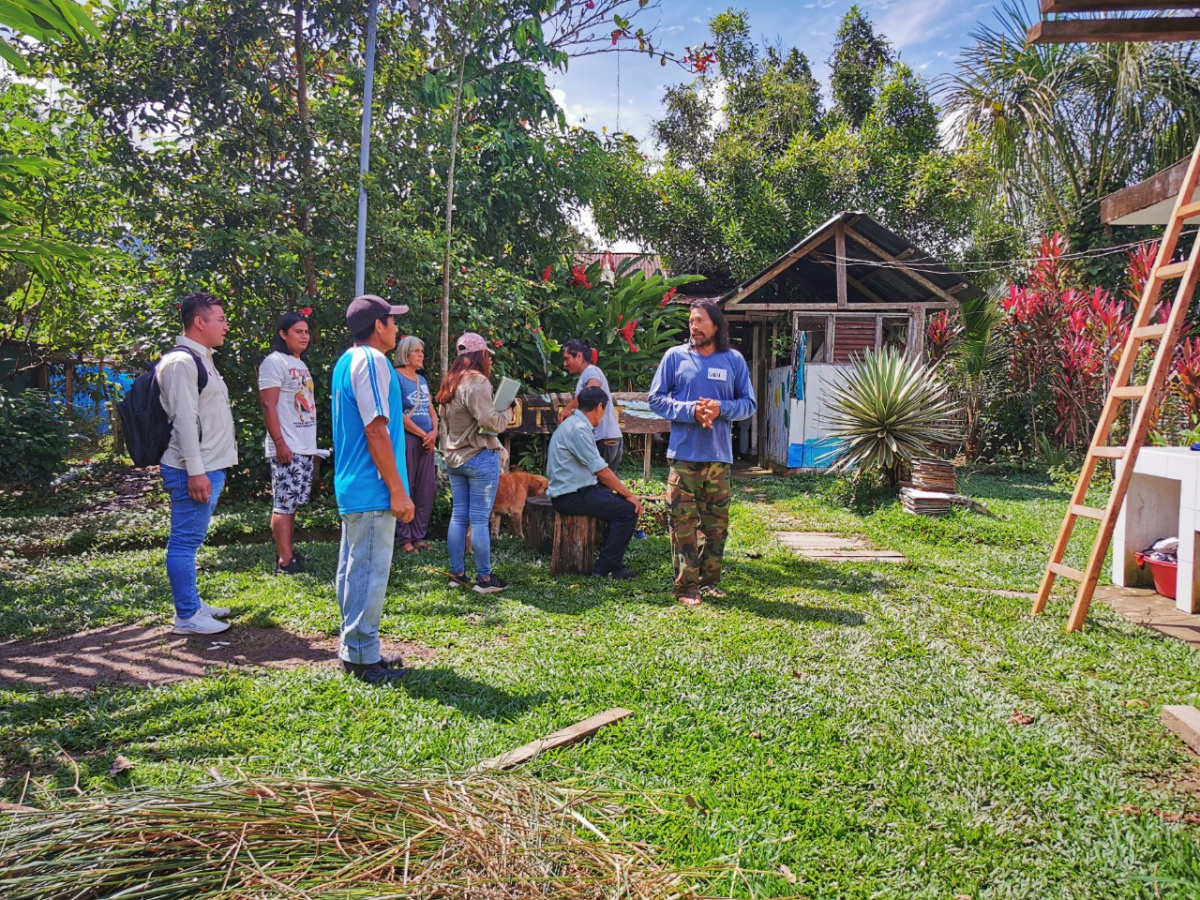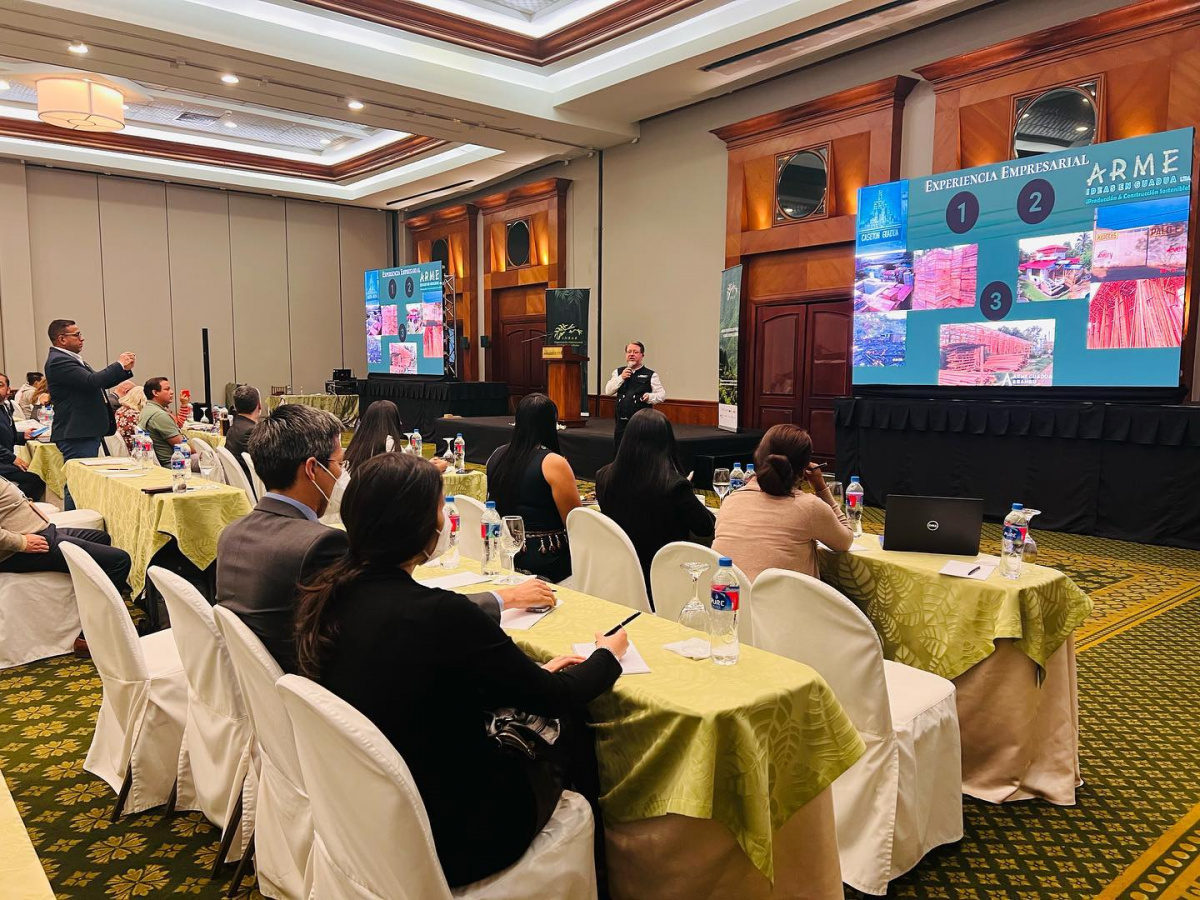The Blue Carbon Initiative reaches South America
Blue carbon ecosystems, particularly mangroves, tidal marshes and seagrasses are significant for their ability to help mitigate global climate change. Unfortunately these ecosystems are being destroyed at alarming rates, and thus releasing carbon into the atmosphere.
The International Union for the Conservation of Nature (IUCN), Conservational International (CI), and the Intergovernmental Oceanic Commission (IOC) of UNESCO convened for the third time a workshop with international experts to discuss policy opportunities, activities and milestones for strategically advancing and implementing blue carbon under international and regional climate, ocean and coastal policy frameworks.
This workshop was held from 10-12 July 2012 in Guayaquil, Ecuador and brought together approximately 40 experts on climate change and coastal policy issues. Participants included experts from Europe, Indonesia, Ghana, the United States, Brazil, Columbia, Peru, and Mexico, and of course Ecuador.
Free de Koning, technical manager at Conservation International Ecuador, underlined the strong presence of the Government of Ecuador: “It was good to see such an active participation of the Ministry of Environment – who presented their climate change related policies and programs - and the recently created Secretary of the Sea”.
The workshop heard various introductory presentations from national and NGO representatives. The workshop then discussed and reviewed policy developments and needs concerning Blue Carbon ecosystems, with a focus on the United Nations Framework Convention on Climate Change (UNFCCC).
“We have to develop Blue Carbon policies on all fronts, not only through the UNFCCC, but also through national level activities. It will be important that these efforts will be guided and informed by on-the-ground conservation and restoration projects” says Dorothée Herr, Marine Programme Officer at the IUCN Global Marine and Polar Programme. Thus, a third component of the workshop concentrated on Blue Carbon project activities and developed recommendations for field-level Blue Carbon projects.
This effort is part of the Blue Carbon Initiative, a consortium led by IUCN, CI, and UNESCO-IOC, working with partners from national governments, research institutions, NGOs, coastal communities, intergovernmental and international bodies and other relevant stakeholders.
This work has been made possible through the generous support of the Linden Trust for Conservation.
For more information, visit: www.marineclimatechange.com/marineclimatechange/bluecarbon_Ecuador.html
Contact: Dorothee Herr, IUCN, Dorothee.Herr@iucn.org






